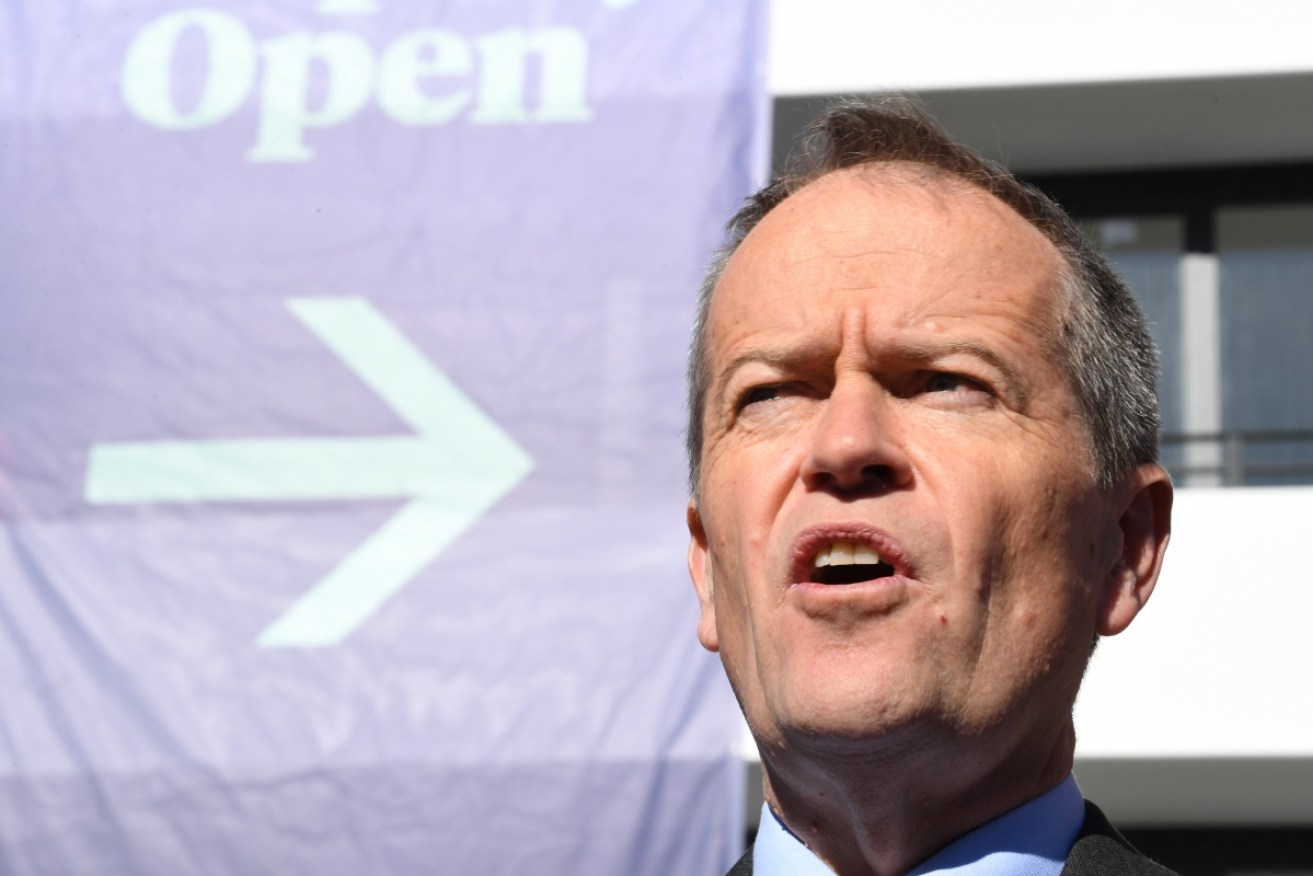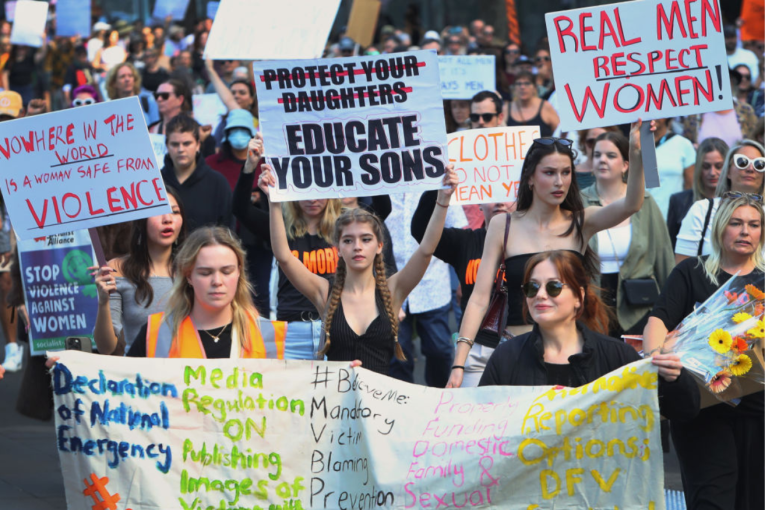Bill Shorten ‘unpopular’? Sure, but it doesn’t mean Labor can’t win


Opposition leader Bill Shorten doesn't need to be popular to secure Labor's win. Photo: AAP
The head of one of Australia’s most influential polling organisations claimed this week that oppositions don’t win federal elections if their leader is unpopular.
While at first blush the contention makes perfect sense, it just doesn’t stack up under scrutiny.
This was an observation by David Briggs, whose organisation YouGov runs Newspoll, on the prospects of Bill Shorten winning the next federal election.
Tony Abbott would probably be the first to point out that unpopular opposition leaders can win elections.
At the 2010 federal election, Mr Abbott had a negative net satisfaction rating (meaning there were more people unsatisfied than satisfied with his performance) and the prime minister of the time, Julia Gillard, was by far the more preferred PM.
Yet Mr Abbott won the same amount of seats as Ms Gillard in that election, and he would have ‘won’ overall if the country independents and Greens hadn’t decided to enter into a minority government arrangement with Ms Gillard.
Even once Kevin Rudd returned to the Labor leadership in 2013, Mr Abbott still had a negative net satisfaction rating just before polling day.
Yes, he was slightly more favoured than Mr Rudd as preferred PM, but he was still pretty unpopular.
Yet Mr Abbott romped home on election day.
In fact, there is no evidence to suggest an unpopular opposition leader can’t win elections, or even that a popular one can.
John Howard was unpopular and yet beat Paul Keating in 1996.
It’s true that Mr Keating was more unpopular, but he was still ahead of Mr Howard as preferred PM.
Two years later, Labor leader Kim Beazley was miles ahead of John Howard in the popularity stakes, and even won more votes, but did not win enough seats to claim government.
Six years after that, another popular Labor opposition leader, Mark Latham, crashed and burned on polling day.
If this sounds confusing, that’s because it is.
There’s no rhyme or reason to the claim that an unpopular opposition leader can’t win an election, any more than there’s any logic to the claim that a popular one will win.
The facts just don’t bear that out.
There’s only one measure of popularity that can point to how an election might go, and that’s the prime minister’s approval rating.
According to statistical analysis conducted by the Essential Poll of its results over the past decade, “there has been a clear correlation between the primary vote of governments and their leader”.
This means if the PM’s popularity increases, satisfaction with the government is more likely to increase as well.
However, the same analysis found “virtually no correlation between the fortunes of oppositions and their leaders”. Similar research has come to the same conclusion.
This also explains why oppositions expend so much effort trying to tear down the prime minister of the day. They’re working on the credible assumption that an unpopular PM will drag down the government’s primary vote.
Instead of obsessing over how unpopular Mr Shorten is, interested political observers should be looking at how popular (or not) Mr Turnbull is.
A quick glance at either the Newspoll or Essential Poll confirms that the PM’s satisfaction rating has been trending upwards in recent months.
But the net satisfaction rating is still very low, suggesting around 50 per cent of voters are still unhappy with his performance.
So when it comes to winning the next federal election, there is only one political leader who should be worried about his lack of popularity.
And that leader is not Bill Shorten.








